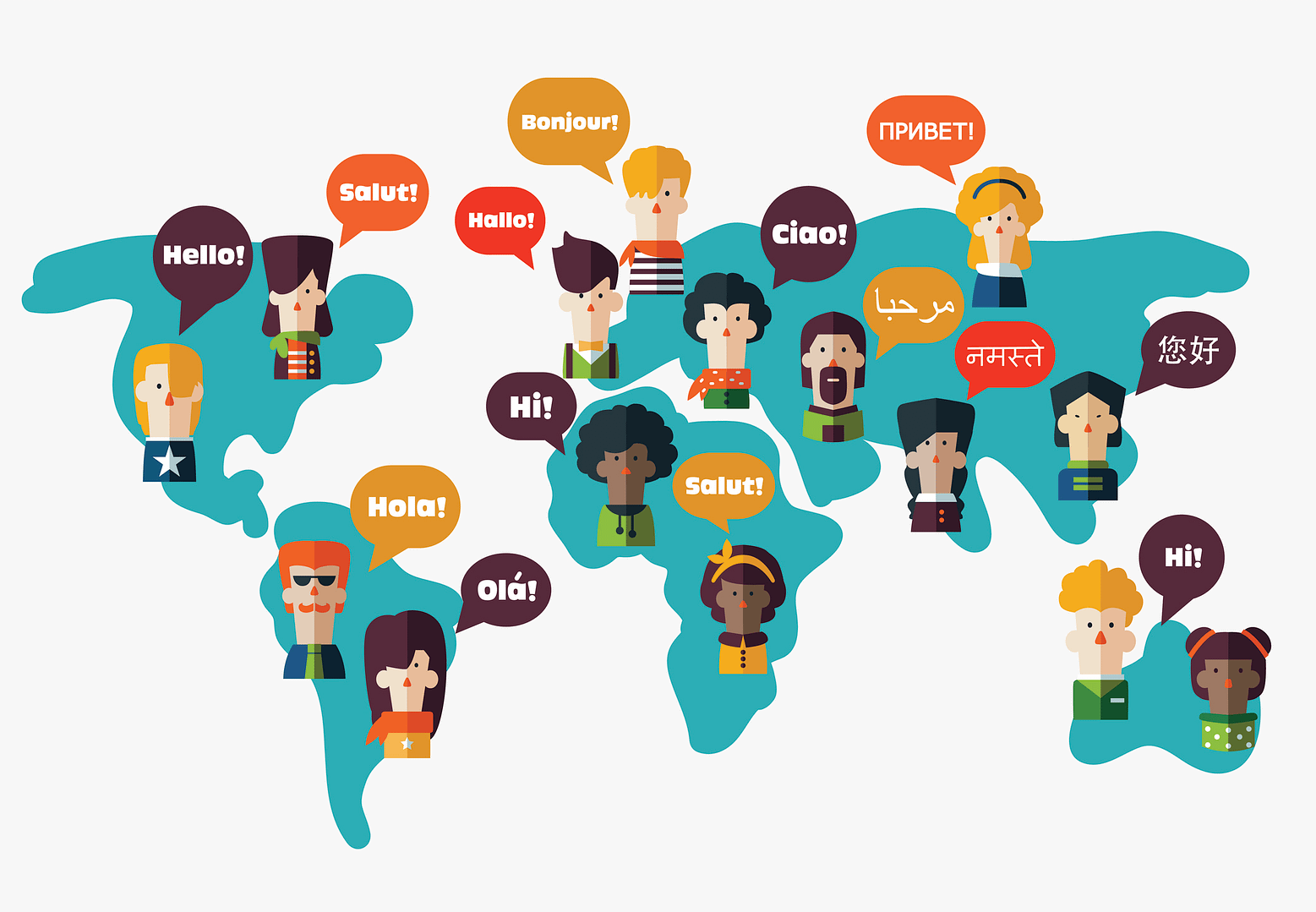Raising The Profile Of Primary Languages
Written by Kapow Primary
Published on 25th June 2024
Last Updated: 25th June 2024
Written by Kapow Primary
Published on 25th June 2024
Last Updated: 25th June 2024

Learning a language is not just about perfecting pronunciation, reciting verb forms or expressing how you feel in four different ways in French! It’s also a way to enhance cultural awareness and bring diversity into the curriculum. Children will enjoy many benefits through learning a language, but languages often aren’t prioritised in primary schools. This is, in part, due to teachers’ lack of confidence or lack of subject knowledge, but you don’t need to be a language expert to teach languages successfully.
Here are a few ideas to raise the profile of primary languages in your school, and we provide featured links to resources from our French and Spanish schemes of work, as well as cross-curricular links with other subjects.
Many schools opt to dedicate a day or a week of the school timetable to activities relating to a particular language or country. The whole school might focus on one language/country or choose different ones for each class/year group. This kind of project is ideal for increasing cultural awareness and presents many cross-curricular opportunities, such as:
Children will love participating in these activities, which help develop cultural capital. However, it’s important to make sure they happen alongside and not instead of language lessons.
When learning about a specific language or country, it’s always interesting to learn how key festivals are celebrated throughout the year. Finding out about festivals and traditions, for example Spanish celebrations, is a great way to increase cultural awareness, and can be included in a ‘language day’ or integrated into language lessons.
You could hold an event at your school – set up an international food stall, make international food or participate in food tasting. Whatever you choose, food experiences will be memorable and a great talking point – people always have an opinion about food!
You could add a cafe role-play to your language lessons using real food, such as in these French and Spanish lessons: Year 4: French food – miam miam and Year 4: In a Spanish café.
Add a layer of authenticity and purpose to language learning by giving children the opportunity to communicate with people from other countries. You could do this by contacting a school in a different country with the aim of establishing a partnership for working together – classes may choose to write to each other using the target language, or you might prefer to set up video calls to share facts and information.
There are a number of ways to find a school to contact. You could start by finding out if your town is twinned with another area, or ask the local high school if they have contacts.
Celebrate the fun side of language learning with games, songs, crafts, etc. Language clubs are popular with primary school children and don’t require much additional preparation. Simply adapt activities from language lessons that you’ve already taught.
Invite bilingual or multilingual people to talk to the children. In many schools, you may be able to find a willing parent to do this. It may also be possible to ask bilingual pupils to share their experiences.
Knowing another language can open up many professional opportunities, and it’s worth mentioning this to children when talking about future career aspirations.
A number of people who primary-age children will admire, for example well-known sportspeople, are multilingual. Some international footballers have benefitted from speaking several languages, such as Christiano Ronaldo, who speaks Portuguese, English, Italian and Spanish, and Paul Pogba, who speaks French, English, Italian and Spanish.
Speaking another language provides people with travel opportunities and options to live all over the world. You could research some professions and create an international job board.
Getting the whole school on board can really help to make primary languages more accessible. Here are a few ideas:
Don’t skip languages in favour of other subjects. If staff are low in confidence, use a scheme of work, such as this one from Kapow Primary, which is ideal for non-specialists. Remind staff of the importance of regular practice when learning a language and how it can help enhance skills in other areas such as speaking, listening and grammar.
At Kapow Primary, we understand the challenges of teaching primary languages, especially for non-specialist teachers. Our French and Spanish schemes of work are suitable for all teachers, regardless of language competency. To support teachers, we provide:
However you celebrate languages in your primary school, it’s most important that you have fun! Even if you aren’t a linguist, you’ve probably enjoyed learning about different cultures, food and places through travel. Primary languages present an ideal opportunity to bring this cultural awareness into the classroom, opening young minds to different options available to them through learning about other languages and cultures. If we can raise the profile of primary languages by enthusing children about language learning, then perhaps the next generation will better understand the benefits and pleasure of speaking other languages.